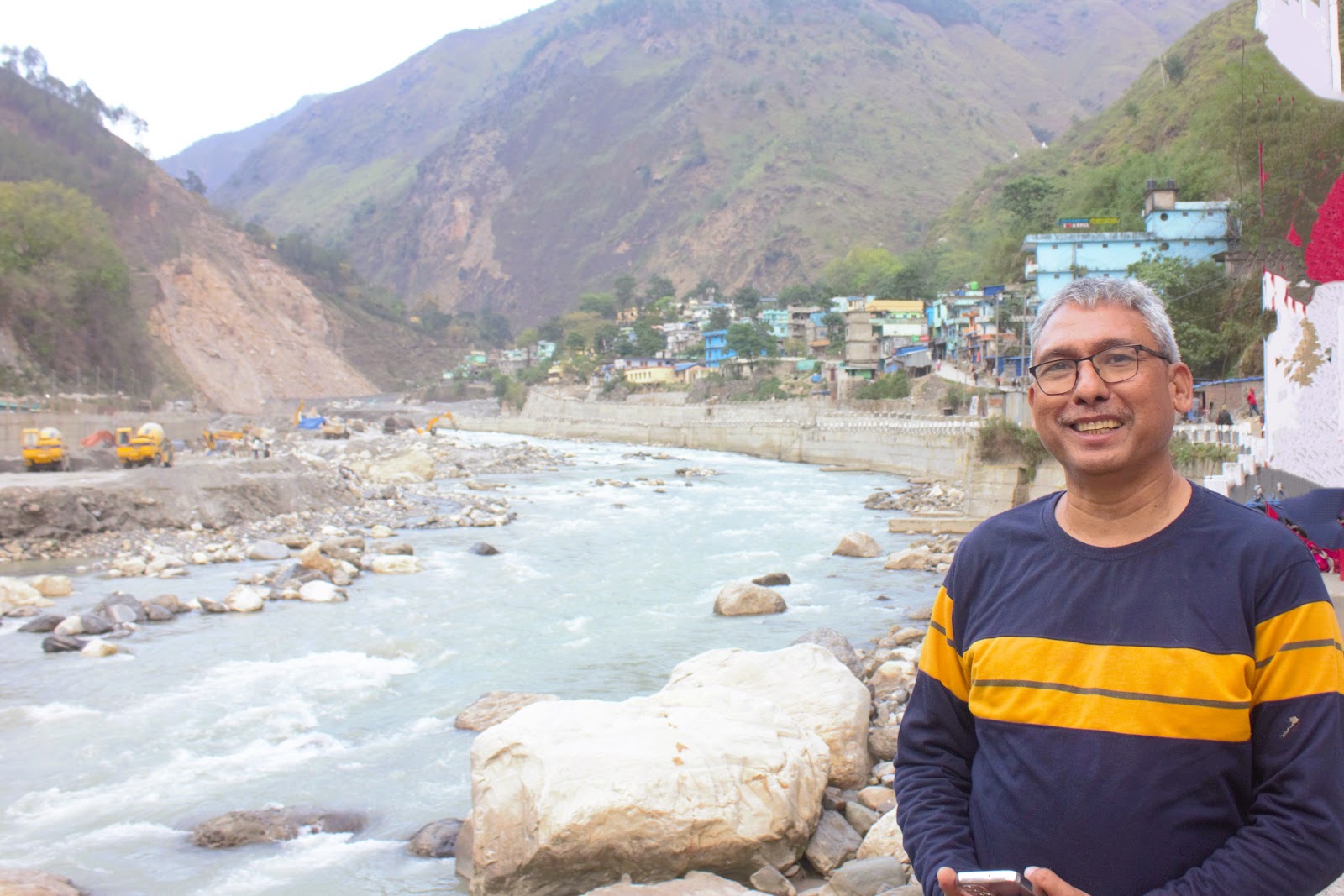Scavenging Still prevalent in Karnataka
`Inhuman' practise still prevalent in NK
Basavaraj F Kattimani, TNN, Jul 22, 2010, 10.38pm IST
HUBLI: The recent incident of some members of Bhangi community in Haveri district dousing themselves with faeces to draw the government's attention towards their problems has exposed the inhuman custom of collecting and carrying of human excreta.
Congress leader B Basalingappa, while serving as the minister in the then chief minister Devaraj Urs' cabinet, had made honest efforts to eradicate the practice by Bhangi community.
The society was supposed to have been free from the practise in 1976-77 itself. But the exploitation of the community -- to collect and dispose faeces -- continued clandestinely in most of the districts in the state, especially in north Karnataka region.
A study conducted by Hyderabad-Karnataka Vimochana Vedike (HKVV) and Sri Goutam Gram Kalyan (SGGK) - NGOs are striving to create awareness about the social evil - indicated its prevalence in the interior and backward villages of Gadag district, Kundgol taluk of Dharwad district, Rabakavi, Banahatti of Bagalkot district, Bijapur, Gulbarga, Bidar, Haveri, and Raichur districts. Forty families in Raichur besides over 1,200 families elsewhere in the region are indulging in the age-old practice at the behest of upper caste people.
This has been the case for decades now, according to Ambanna Arolikar, HKVV activist from Raichur, and SGGK president Parathsarati. "We have studied most of the districts in north Karnataka, only to see people of a certain section being exploited. They are also not being paid well," they added.
Bhangi community members are working at panchyats and municipal council as pourkarmikas, but their nature of work is to remove/ collect faeces with bare hands. With no safety gear, they get into manholes to clear the filth, and put their health to risk.
"We have urged the government to regularize their (Bhangi community members) job contracts, and pay a minimum salary of Rs 4,500," they said, adding their other demands are on ensuring their health, and encouraging their children to pursue education. However, their major demand is to put an end to the inhuman practice.
According to our findings, the lack of proper underground drainages in NK is the main reason for the exploitation of Bhangi community. "The government should at least now chalk out long-term plans to rehabilitate Bhangi families," Arolikar said.
Basavaraj F Kattimani, TNN, Jul 22, 2010, 10.38pm IST
HUBLI: The recent incident of some members of Bhangi community in Haveri district dousing themselves with faeces to draw the government's attention towards their problems has exposed the inhuman custom of collecting and carrying of human excreta.
Congress leader B Basalingappa, while serving as the minister in the then chief minister Devaraj Urs' cabinet, had made honest efforts to eradicate the practice by Bhangi community.
The society was supposed to have been free from the practise in 1976-77 itself. But the exploitation of the community -- to collect and dispose faeces -- continued clandestinely in most of the districts in the state, especially in north Karnataka region.
A study conducted by Hyderabad-Karnataka Vimochana Vedike (HKVV) and Sri Goutam Gram Kalyan (SGGK) - NGOs are striving to create awareness about the social evil - indicated its prevalence in the interior and backward villages of Gadag district, Kundgol taluk of Dharwad district, Rabakavi, Banahatti of Bagalkot district, Bijapur, Gulbarga, Bidar, Haveri, and Raichur districts. Forty families in Raichur besides over 1,200 families elsewhere in the region are indulging in the age-old practice at the behest of upper caste people.
This has been the case for decades now, according to Ambanna Arolikar, HKVV activist from Raichur, and SGGK president Parathsarati. "We have studied most of the districts in north Karnataka, only to see people of a certain section being exploited. They are also not being paid well," they added.
Bhangi community members are working at panchyats and municipal council as pourkarmikas, but their nature of work is to remove/ collect faeces with bare hands. With no safety gear, they get into manholes to clear the filth, and put their health to risk.
"We have urged the government to regularize their (Bhangi community members) job contracts, and pay a minimum salary of Rs 4,500," they said, adding their other demands are on ensuring their health, and encouraging their children to pursue education. However, their major demand is to put an end to the inhuman practice.
According to our findings, the lack of proper underground drainages in NK is the main reason for the exploitation of Bhangi community. "The government should at least now chalk out long-term plans to rehabilitate Bhangi families," Arolikar said.
Labels: Karnataka, manual scavenging


0 Comments:
Post a Comment
<< Home